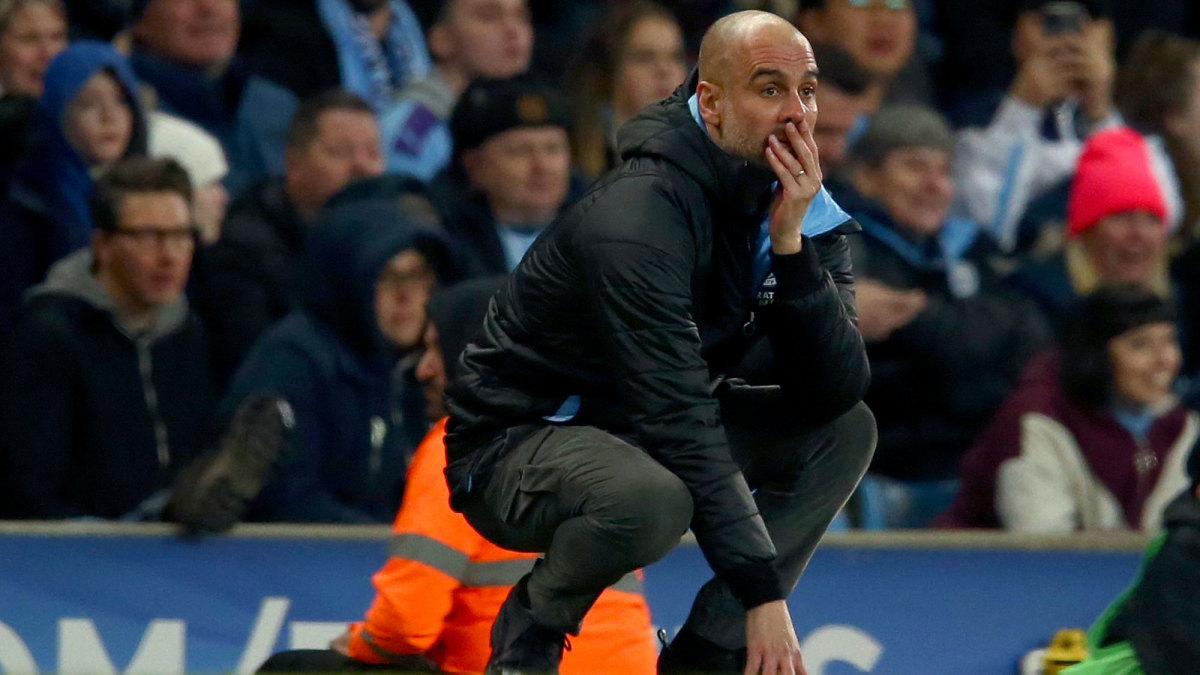The Potential Fallout From Manchester City's Champions League Ban Appeal

Now the real waiting begins. Manchester City’s appeal of a two-year ban from the Champions League and all UEFA competitions has been heard over the past three days by the Court of Arbitration for Sport, but a verdict is not expected until the first half of July. Even if Man City loses, it could still appeal to a Swiss federal court in Lausanne.
A brief statement issued on Wednesday afternoon noted that “both parties expressed their satisfaction with respect to the conduct of the procedure.” The COVID-19 crisis has complicated proceedings, with the hearing conducted by video-conference with participants in Lausanne and London and witnesses in various other locations. In addition, it appears David Pannick QC, who gained fame in the U.K. last year when successfully arguing at the Supreme Court that the government’s prorogation of parliament was illegal and had been slated to represent City, was not able to do so. The reasons remain unclear, but a scheduling clash caused by the delay to this hearing seems to be the most likely explanation.
When the Premier League resumes next week, Man City will return to play secure in second place, but it will not yet be known whether fifth place will be sufficient to secure qualification for next season’s Champions League. Normally it would just be the top four, but if City is disqualified, then it would open the door for another entrant.
This case differs, in circumstances if not in substance, from that brought against Paris Saint-Germain two years ago. Then, former judge Jose Narciso da Cunha Rodrigues, the chairman of the UEFA panel that adjudicates on potential breaches of financial fair play legislation, was bewildered by the decision of the investigatory chamber. Led by former Belgian prime minister Yves Leterme, it elected not to pursue a case against the French club. PSG had argued in 2017 that sponsorships from Qatari entities like the telecom company Ooredoo, the Qatar National Bank and the Qatar Tourism Authority had funded the signing of Neymar and Kylian Mbappe for a combined fee in excess of $400 million.
Cunha Rodrigues returned the file to Leterme and asked his chamber to take another look. PSG appealed, the case went to CAS and, with UEFA backing its investigatory over its adjudicatory chamber, the decision went in favor of the club while also arguing there had been a procedural breach.

Although many of the details seem similar–the issue is essentially whether a state’s sovereign wealth fund has been artificially inflating sponsorship deals with other state-run companies to exaggerate revenues and so legitimize greater spending–UEFA's investigatory and adjudicatory chambers are on this occasion on the same side.
In February, UEFA banned an City from European competition for two seasons and fined it €30 million for “serious breaches” of FFP regulations between 2012-16. It also noted City had not cooperated with the investigatory process. City, for its part, accused the UEFA body of a lack of independence, noting a series of leaks to the media. It also claimed that UEFA's case rested on what the club’s CEO Ferran Soriano described as “out of context stolen emails” published in German media outlet Der Spiegel. Given CAS has previously accepted evidence obtained illegally, it’s not clear how strong an argument that is.
Should the ban be upheld, though, the consequences for City could be profound. Kevin De Bruyne has already said that he would consider leaving rather than face two seasons without Champions League football. Raheem Sterling, who is being monitored by Real Madrid, is another reaching the peak years of his career who may be persuaded that it’s not in his best interests to stay.
Then there is manager Pep Guardiola, whose position has always been that he trusts what he has been told by the club's leadership. Were that to be proven false, he may feel that those directors have betrayed him. At the very least, the stance that he is an innocent functionary would be much harder to maintain.
There are also the financial considerations. Reaching the quarterfinals of the Champions League last season earned City €93 million in prize money and television rights. On top of that there was matchday revenue from five games, plus the benefits of exposure in such a high-profile competition. Without that, City would have to reduce costs if it is not to fall afoul of FFP regulations again–and that, of course, will make it even harder to keep or attract players already having doubts given the lack of European football.
On the other hand, if City is reprieved, then the FFP regulations would have effectively been proved toothless. The processes may be dry, but the repercussions for the future of football are potentially seismic.
